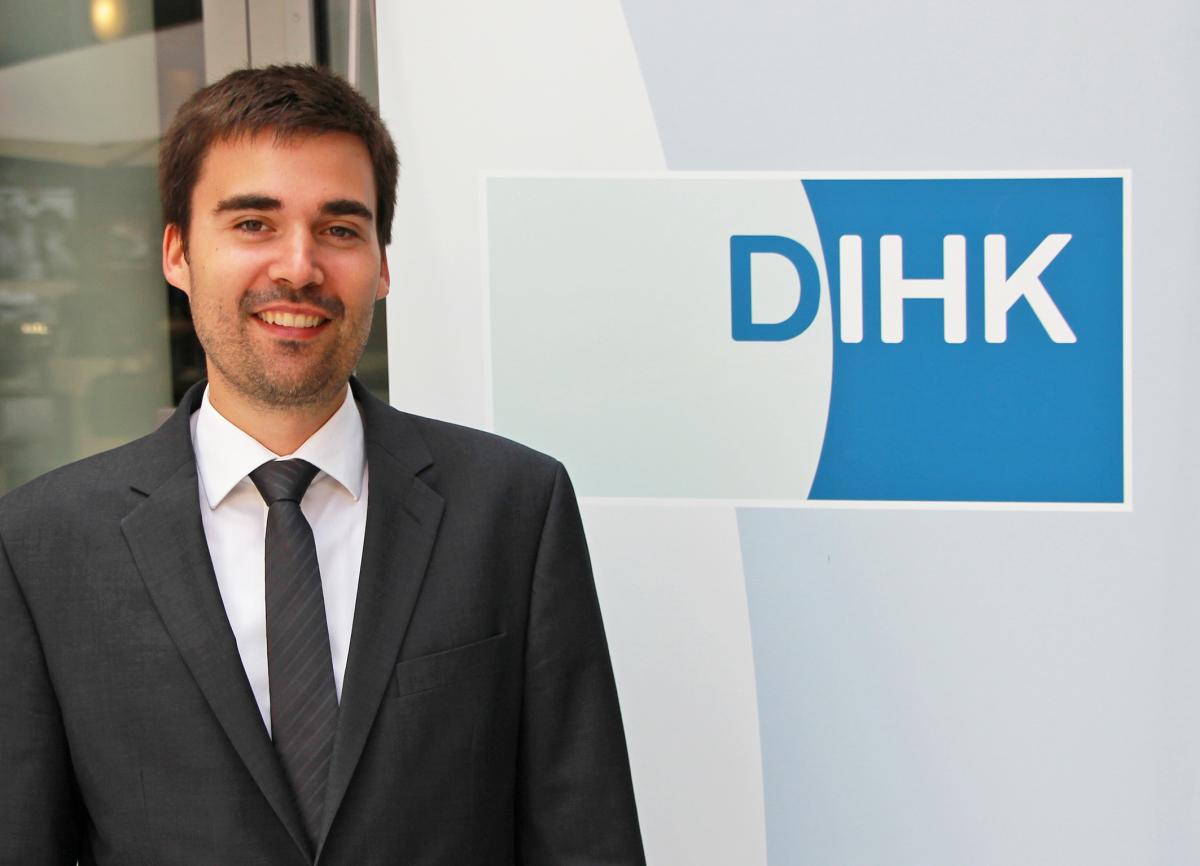Preview2018 - Cutting power costs tops German industry's agenda - DIHK
CLEW: Which topics or events do you think will shape Germany’s energy and climate policy in 2018?
Sebastian Bolay: As it is still quite unclear when we will have a new government and which parties will form a coalition, answering this question equals peeking into the crystal ball. But since the reduction of coal-fired power production was central to the Jamaica coalition talks, we can expect this topic to remain prominent in 2018.
In the context of the Climate Action Plan 2050, the grand coalition [of Chancellor Angela Merkel’s conservative CDU/CSU alliance and the Social Democrats (SPD)] has decided to set up a commission for growth, structural change and regional development that will primarily have to deal with the regional problems of phasing out certain forms of power production. A renewal of the grand coalition will likely lead to the official launch of this commission. The evaluation of the Climate Action Plan’s projected impacts, which is due this spring, will bring up the coal question again.
Also, the tenders for wind and solar power projects have brought support rates down towards market price levels, making an end to support within the framework of the Renewables Act (EEG) very much conceivable. However, this will require a transition period in which direct supply, self-supply, and green power market places can play an important role. The debate on this has already begun. An amendment of the Renewables Act will be necessary anyway, not least to correct the effect of citizens’ energy cooperatives on wind power auctions.
Do you expect Germany to achieve its self-imposed goal of reducing its greenhouse gas emissions by 40 percent by 2020 compared to 1990 levels? What needs to happen to achieve the target or to at least come close to achieving it?
First of all, it’s important to note that it is far from clear how many tonnes of CO2 must be saved to still reach the target. However, one thing is certain: the only way to achieve sufficient reduction in the short run is to retire coal plants. But this would further increase power prices in Germany. With regard to German and European supply security, it would also raise the question whether this is advisable or even feasible.
And it would not contribute a lot to our long-term goals. In order to achieve the climate targets for 2030 and beyond, it is much more important for us to reduce emissions in the heating and transport sectors. Given the expansion of renewable energy sources and the reduction of available CO2 certificates in the [EU] Emissions Trading System, coal-fired power production is bound to decrease one way or another.
Which are the most pressing energy and climate policy issues that will have to be tackled?
The DIHK’s Energiewende Barometer 2017 shows that the reduction of power costs tops the industry’s agenda. Especially small and medium-sized companies need the reduction of the renewables surcharge in order to make Germany more attractive for investors. The surcharge should partly be replaced by funds from the federal budget. This would make using electricity in the heating and transport sectors more attractive, and would also send a strong price signal.
Germany’s budgetary situation is at an all-time high. But it remains to be seen whether this topic will take precedence over other items on the parties’ wish lists, such as parenting pensions or spending discipline called for by the finance ministry. At any rate, the political pressure to act will mount again by autumn at the latest. That is the period of the year when the renewables surcharge will increase significantly again.


